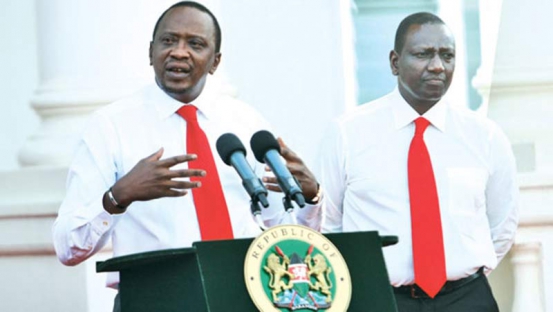
Humpty Dumpty is originally a riddle – with two meanings. The first is that of a “fat, or rotund person.” The second is that “of a person or thing that once overthrown can’t be restored.” It conjures the idea of nonsense on stilts. Frankly, that’s how I am thinking of Kenya these days.
Our country has become a facsimile of the European 15th century egg-like nursery-rhyme character Humpty Dumpty who fell off the wall – and disintegrated into a thousand little pieces – and couldn’t be put together again. We seem to have a date with damnation. There’s only one way to avoid certain death – we must revisit the 2010 Constitution. It’s a great document, but it needs to be put together again.